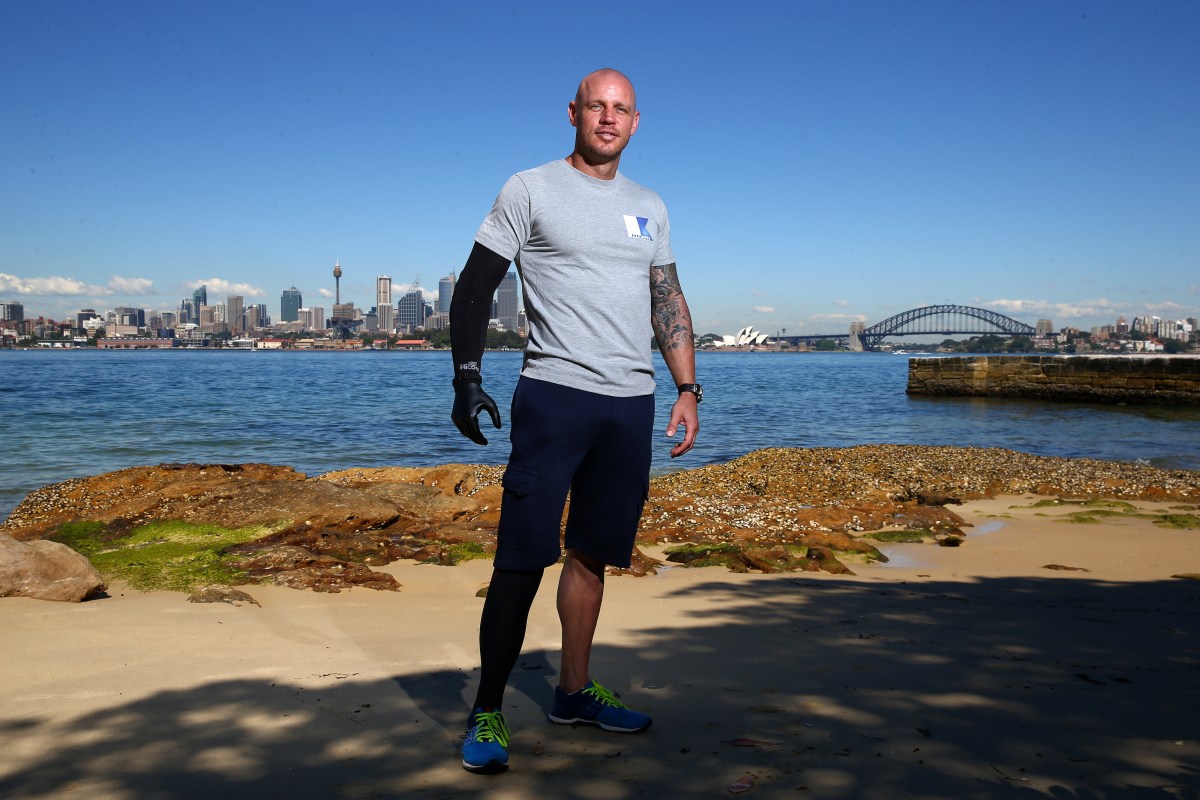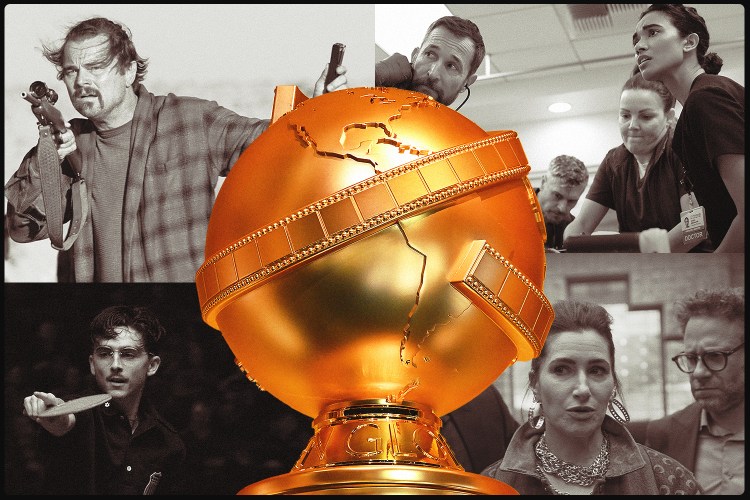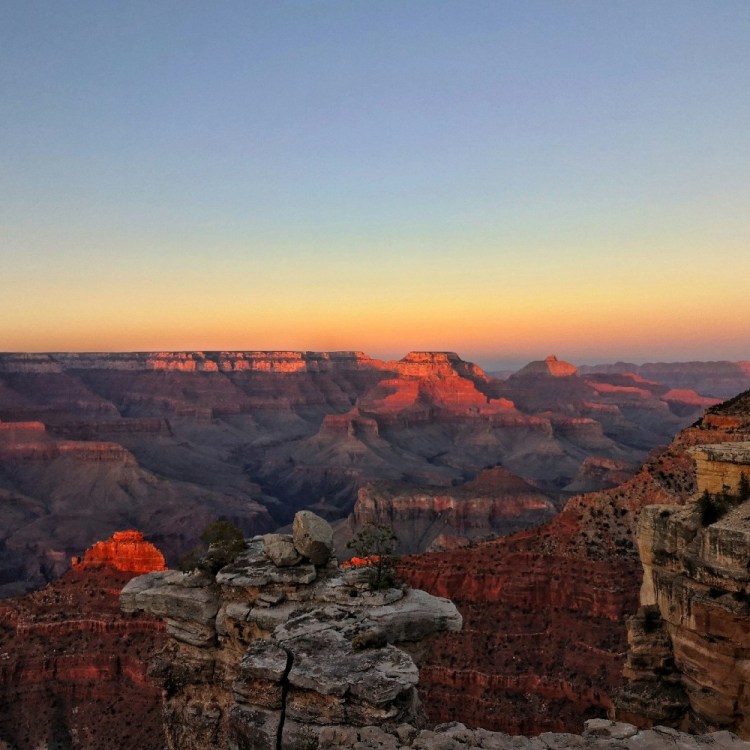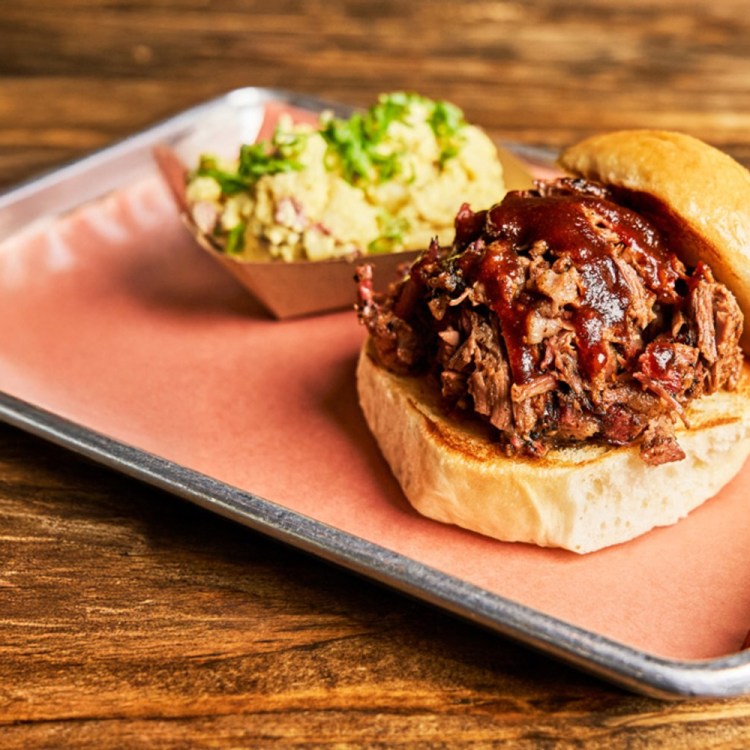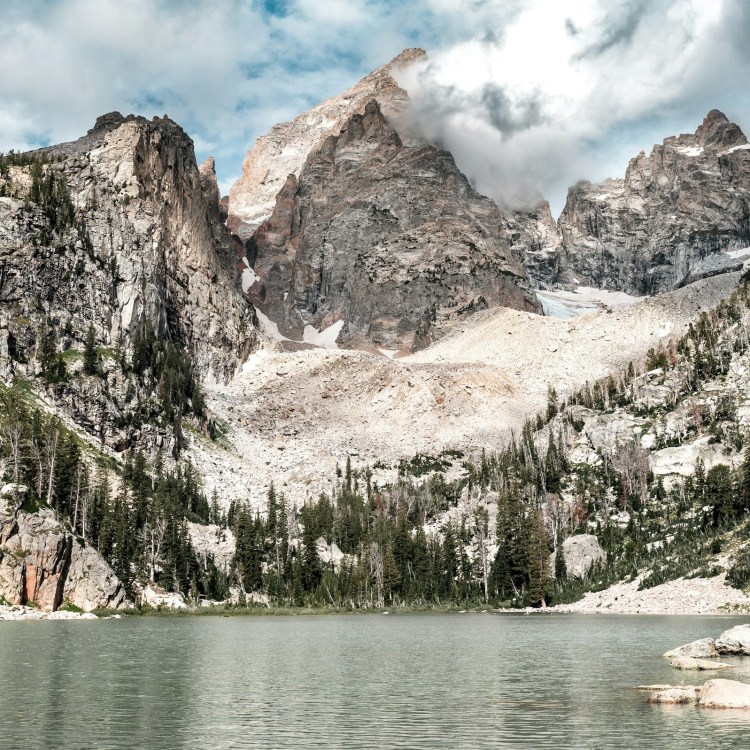Lemonade from lemons applies appropriately to turning small losses into victories or overcoming difficulties in as positive a manner as possible. It’s far too light a term for our story nor are there lemons large enough or lemonade sweet enough to offer justice to what happened to Australian Navy diver Paul de Gelder in February 2009 or how hard he fought to rebuild his life after that day. For him, it was a choice, and if his life has one key element of inspiration for those who read this let that be it … you always have a choice. A bad boy by nature and an adrenaline junkie, de Gelder was a rebel with a cause … doing whatever he liked and pushing the envelope. His life was a blur of close calls, extraordinary adventures and a series of constant new directions. He bartended at strip clubs, had a short-lived career as a rapper, even opening for Snoop Dogg, and riding his motorcycle was his passion. Life was fast but good. Really good. A young, handsome, charismatic 20-something living life with one foot on the gas. Eventually, realizing that his life trajectory needed yet another script change to keep from burning out, Paul turned to the Australian Army. It was hard work, but it came naturally. Of course, he would excel. Of course, he would become a paratrooper and aid the UN’s peacekeeping efforts in East Timor. When the excitement of this new role wore off, and he grew restless yet again, there was a new calling: The Navy. Paul learned to dive and passed the hellishly rigorous Clearance Diver Acceptance Test…with an A. Here he excelled again. Of course, he would become a top-tier clearance Navy diver whose job description involved everything from tactical operations to disarming submerged mines and explosives. Bombs should have been the pinnacle of the job hazards, but de Gelder had one big fear, sharks.
On that early, overcast February morning Paul and three teammates went out on a counter-terrorism exercise in Sydney Harbor. They were testing unmanned video and sonar equipment to assist in detecting enemy swimmers trying to infiltrate and destroy Navy ships.
This same camera captured what happened next. Four minutes after Paul entered the water, as he was floating on the surface on his back, a bull shark grabbed hold of his body and thrashed him in a vise-like grip like some BBC documentary of an orca finishing off a seal. Paul looked it in the eye as it pulled him under. The attack lasted eight seconds. It was the first shark attack in Sydney Harbor in 60 years. When the fish realized its mistake and released its jaws, Paul swam through a pool of his own blood to the safety boat where his teammates pulled him out. One had to pinch an artery in Paul’s leg to keep him from bleeding out.
Bull sharks can grow to 12 feet, have more testosterone than any other animal on the planet, can survive in fresh water and have been found 2,000 miles up rivers. They prefer to live in tropical areas and frequent brackish water and river mouths. They are one of the three most dangerous species of sharks…but even then we are not on their menu and encounters are nearly always a case of mistaken identity. Not much comfort when you happen to be the mistake, but neither is meeting your maker by way of a roller coaster, deer, vending machine, volcano, lightning or hot dog … all of which eliminate more of us yearly than sharks.
Paul doesn’t shy away from what happened, he doesn’t soften it. When he gives talks, he often brings photos taken when he was admitted to the hospital. He’s had 52 people pass out at his presentations. Roadkill has seen better days. His right arm was mutilated from the elbow down, and his right leg had more in common with ground beef than a lower appendage. All this to say it was bad. Really bad. Neither his arm nor his leg could be saved, and the wild 32-year-old was now an amputee. De Gelder spent nine weeks in the hospital and another six months recovering … but in all this, he knew he had a choice … to rebuild his life or give up. As it turns out, giving up just isn’t in his DNA.
He often refers to himself as RoboCop or Terminator, and his humor beguiles the magnitude of the experience. His nonchalance takes it to a softer place … one that might involve a nail lost to a slammed door. Something to laugh about in hindsight. This approach to his story reveals not only the level of physical recovery involved but also mental and emotional. It speaks volumes toward Paul’s success at overriding the demons of a situation that might sink a weaker man’s ship for life … and fairly so. No one would judge a person who didn’t get back up, who didn’t rise from the ashes of a life he had just 24 hours before, who didn’t forgive. But Paul did all those things. He fought with such fierce determination that he not only won the battle but the war. And most remarkably he didn’t fault the shark. From the very start, from the moment he awoke to learn he was now roughly 15 lbs lighter in flesh and bone, he made his peace with the massive fish that mistook him for an easy meal. Paul is not an easy meal. Not for a shark, not for darkness, not for pain and not for self-pity.
He dove headfirst into his recovery the way he had into every area of his life. He didn’t know exactly where he was headed, but the only direction he would focus on was forward. A mantra he learned in the Army drove him forward: IMPROVISE. ADAPT. OVERCOME.
Perusing the internet, I found this quote on Paul’s IMDb profile: “Negativity is a vacuum in which nothing else can exist, ban it from your life.” That pretty much sums it up. He was back in the ocean trying to surf three months after the attack.
Every news station told his story, and Paul held his ground that the shark was not at fault. When he was ready, he started teaching at the Navy’s diving school, and when that exhausted him, he went on to become a full-time motivational speaker. Then Shark Week came calling. This year you can catch Paul hosting several shows, like he’s done for several years past. Since that life-changing day in 2009, Paul’s life trajectory has become that of a poster boy for ocean, shark and animal conservation. He has co-hosted shows for Discovery Channel’s 2014, 2015, 2016 and 2017 Shark Week. He hosted the behind the scenes footage for Sony’s 2016 hit movie The Shallows and interviewed its star Blake Lively. Paul became part of an anti-poaching team in Africa to hunt poachers and cover the work done by the Rangers for Fearless, aired on National Geographic. He also continues his speaking engagements, his passionate environmental work and mentoring school kids. Most incredibly he is a staunch ocean advocate … especially for sharks. That might just be the most fascinating part of Paul’s journey. His ability to see past the pain of his situation to recognize that it was not some malicious beast that stalked and attacked him but as he puts it, “A shark doing sharky sh-t.” A simple case of mistaken identity that unfortunately had the same result on fragile human flesh as a clumsy tango with a hacksaw.
The sentiment reminds me of one of the most insightful comments about shark incidents I have ever read. Not surprisingly it comes from one rather ocean savvy gent by the name of Jacques Cousteau in the book The Human the Orchid and the Octopus:
“I mentioned some recent shark attacks off the Florida coast. Cousteau gave me a withering look. Never, he said, had he ever known a shark to have “attacked.” I looked at him in astonishment. What about the people who’d lost their legs, or their lives, to sharks? Cousteau pointed his fork at my plate: “The sharks are eating. Are you ‘attacking’ that egg?”
Paul, it seems, floating there on the surface of Sydney Harbor that February morning resembled an all you can eat breakfast buffet to a hungry bull shark. Unlike a hungry human feasting on sunny side ups, this fish wasn’t buying what Paul was serving and undoubtedly descended back into the depths in pursuit of more appropriate cuisine, completely unaware of the carnage it left behind.
A few years ago, de Gelder was invited by 60 Minutes Australia to dive with bull sharks in Fiji. He not only faced his fears but fed them. With his remaining left hand, in an odd form of poetic justice, Paul hand fed a fish head to a bull shark. The shark took the easy meal and swam away uninterested in the man. And so it is.
“There is always a way to be happy. I lost a huge part of what made me happy in my previous life. Riding my motorcycle for one, my operational Navy career, being able to surf properly…and while I’m still not giving up on relearning anything, I had to find other fulfillment. Priorities change, life changes. Expect all well-laid plans to come undone and remain versatile to change because you can’t fight it but you can change with it.” – Paul De Gelder
I’ve heard you say that the shark attack saved your life in some ways. That made me do a double take. How so?
Paul de Gelder: Are you sure you heard that? (yep, read it) I think that was written by an overzealous journalist. It still amazes me how much creative writing is done in fact based pieces. It didn’t save my life at all. I was actually living an incredible life. I was at the pinnacle of the Navy. Traveling the world with my teammates, serving my country, doing incredible and dangerous dives, shooting guns, blowing stuff up and jumping out of aircraft. I lived at Bondi Beach and rode a big Italian sports bike that I loved. It didn’t save my life one bit, it damn near destroyed it.
What were the most challenging physical and mental hurdles to overcome in terms of recovery and refocusing your life?
PDG: There really wasn’t one or even just a few things that were the most challenging. Every single thing about life became a struggle. From the moment I woke up in the morning after a horrible, sometimes drug-induced sleep until the time I went to bed and laid there trying not to think about the pain I was in, I was struggling. But I couldn’t show that a lot because I was desperately trying to reclaim my life and convince everyone around me that I could still do my job. I was literally fighting through every single day with as much fake positivity as I could muster. Training as hard as I could, practicing and relearning everything from tying shoelaces to eating and cooking, showering on one leg, walking, weight training, running, driving, swimming, brushing my teeth, housework. Every single thing in life with only one leg, crutches and then prosthetics and a hand which wasn’t even my master hand. It was the worst thing I’ve ever gone through, and I cried myself to sleep many a night. But I had to succeed because I wanted my life back so I just kept pushing the limits even through many follow-up surgeries that would take me back to square one.
At what point in what must have been a grueling recovery process did you make your peace with sharks and commit to protecting them?
PDG: I actually never blamed the shark. My life was already dangerous, and if I wasn’t willing to accept the chance that something could have gone wrong, then I should not have been in that job. It’s just life…sometimes things go horribly wrong no matter how safe you might think you are. What’s important is how you deal with it they do. Everyone has a story, and everyone goes through bad stuff sometimes, my story isn’t anything special, it’s just a little different. What’s special to me is what I’ve created of my life even in the face of misfortune. Purpose, value, and happiness.
What continues to be the force that propels you forward as you educate people about sharks?
PDG: Sharks need all the help they can get because there are people out there in the world that don’t understand or they just don’t care. They don’t care about life, they don’t care about sustainability, they don’t care about the planet. They don’t understand the important role of sharks, they don’t know what they’re doing is wrong. They’ve been programmed by generations before them that their actions are okay. But things have changed, and it’s not okay. It’s not okay to act like humans are the only thing that matters in the world. I have an opportunity to use my voice and my story to reach those adults and children that are willing to change or have not been programmed yet, to waste that opportunity would be negligent and pathetic.
What do you think is the ultimate message of your life story?
PDG: There is no ultimate message. I just try to live a life that is an example to others. I love animals, so I don’t eat them. I love our beautiful planet, so I do what I can to protect it. I want to live a happy life, so I fill it with happiness. I understand that things in life can be tough and so I strengthen my mind and my body.
I know that I’m not always right and so I try to listen and to forgive.
What I do absolutely know is that just before I thought I was about to die what came to my mind was, “Am I ready? What do I regret?” And so now I know that I can live my life to ensure that next time I will be ready and I won’t have any regrets, just like the first time.
Any experiences where you have witnessed your story change someone’s opinion about sharks?
PDG: So many times. That’s the beauty of social media, when used right it can be a powerful motivator and inspiration. Not just for those that hear my messages but for me too when these people write to me and talk about the positive differences I’ve made in their lives and of their mindsets.
What shark/ocean conservation orgs do you support, so people know where to look to get involved?
PDG: I support a lot of organizations in many different places because I have reach. Everyone and anyone doing a job to make a difference. Look to your own local area. I believe in helping within your community first and then on a wider scale if you can. If we all made a difference locally, we would all make a difference globally.
This article appeared in an InsideHook newsletter. Sign up for free to get more on travel, wellness, style, drinking, and culture.
